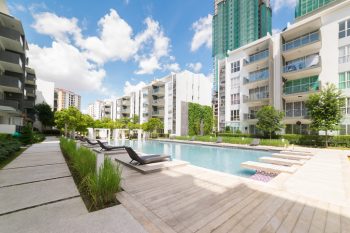
If you pay rent to a landlord every month, you have rights, including a safe place to live. If you have been injured in a slip and fall accident because the manager or owner of the apartment building did not take reasonable steps to keep it safe, you may be entitled to recover damages. The team at Salamati Law is ready to assist individuals throughout California with aggressive representation aimed at holding those liable for their injuries financially responsible.
Any delay in seeking legal counsel following a slip and fall at an apartment complex can hurt your chances for compensation. Contact a slip and fall lawyer in Los Angeles right away.
Common Causes of Slip and Fall Accidents Due to Landlord Negligence
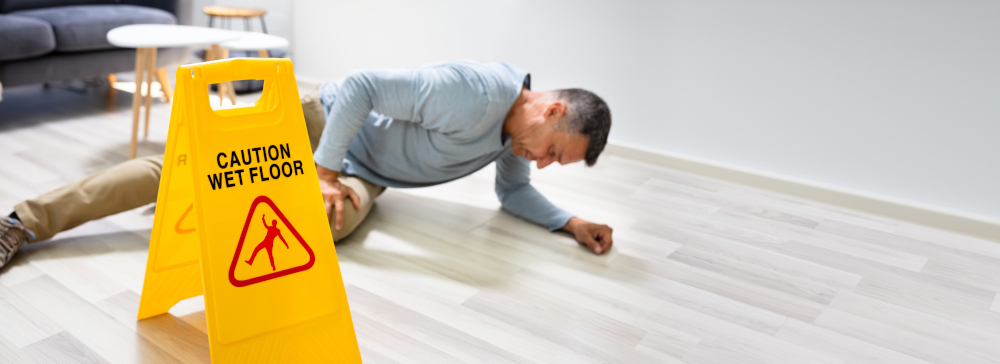
Landlords owe an obligation to their tenants to provide safe, structurally sound housing and common areas. Unfortunately, not all of them take this obligation seriously. Their failure to respond to hazardous conditions can result in slip and fall accidents that cause serious or even life-changing injuries.
Common slip and fall hazards include the following:
- Spilled food or drinks
- Poor lighting
- Missing handrails
- Loose carpet
- Uneven pavement
- Broken stairs
If you were hurt in a slip and fall due to landlord negligence, consult an attorney. They can apprise you of the potential to negotiate a slip and fall settlement.
Can You Sue Your Landlord For Slipping and Falling on Apartment Property?
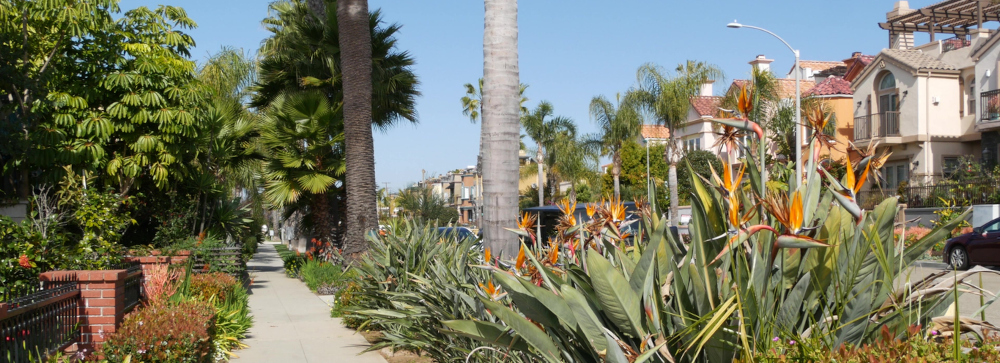
You have the right to file a lawsuit against the owner of your apartment complex after a fall. However, the critical issue is whether or not their negligence resulted in your injury. The owner has a duty to address hazardous conditions on the property in a reasonable amount of time.
For example, if a tenant spills a drink in a common area, and you slip and fall a few minutes later—the landlord is likely not liable. However, if several tenants have complained in writing about poor lighting in the parking lot, and someone is injured because they slipped and fell, the owner can be held liable. In addition, maintenance of the premises also means proactively evaluating the apartment building to ensure it is safe for tenants and visitors.
What Parts of the Property Is My Landlord Responsible for Maintaining?
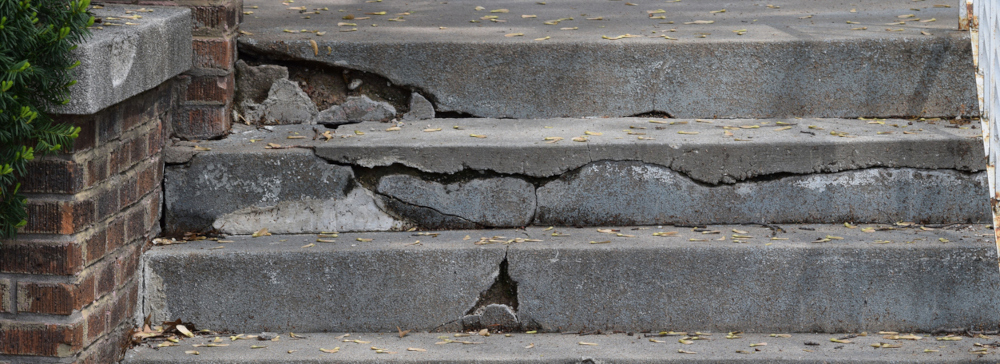
Areas the landlord or owner is responsible for maintaining include the following:
- Common area entrance
- Stairwells
- Complex common grounds
- Dog runs
- Front walks and sidewalks
- Hallways
- Parking lot
- Picnic areas
- Pool decks
- Ramps
- Recreational facilities and playgrounds
- Restrooms
- Stairs
- Yard and greenspaces
Inside tenant units, some unforeseen wear-and-tear will inevitably occur over time. It is not customary for landlords to inspect them. Unless the tenant notifies the landlord of a hazard or dangerous situation, it is not reasonable to presume the landlord should have taken action. However, you may have a strong premises liability claim if you have complained about a blown-out stairwell light or a broken handrail that was not repaired and caused harm.
What Kind of Evidence Is Needed to Prove Landlord Liability?
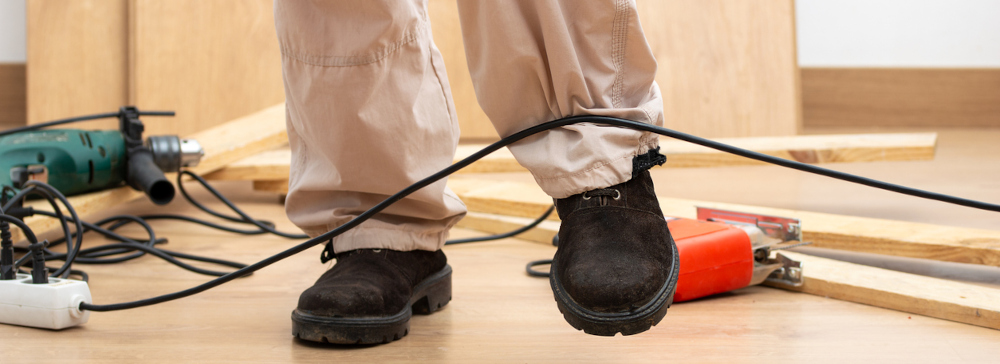
Sustaining injuries in a slip and fall accident does not automatically make a landlord liable for damages. To establish liability, you must show they breached their duty of care, which caused your fall, and as a result, you suffered damages. For example, you slipped on a staircase due to an oil spill that had never been remedied, although numerous tenants had complained about the issue.
To establish landlord negligence, you need the following:
- Knowledge or Awareness: You must show that the landlord either knew about the hazardous condition or should have known about it through reasonable inspection and maintenance practices. This could involve proving that the hazard existed or was recurring for a significant amount of time and the landlord failed to address it.
- Failure to Remedy: Once the landlord is aware of the hazardous condition, you must demonstrate that they failed to take appropriate action to fix the issue. This could include repairs, posting warning signs, or roping off the area to mitigate the risk of injury.
Plaintiffs who were injured within an apartment complex can bolster the strength of their cases by gathering evidence from the scene of their slip and fall accident, such as photos of the location, contact information from witnesses, a list of tenants who could testify to as to how long the unsafe condition existed, and copies of any notices or complaints that you or your neighbors filed.
In addition, you will need strong supporting evidence to prove that the hazardous condition caused your injury, which may include the following:
- Hospital discharge papers
- Medical records including test results (MRIs, X-rays, CAT scans) that support your claim
- Expert testimony to prove that a part of the building was not up to code
Your personal injury lawyer may also request information from the landlord, including:
- Building inspection records
- A list of complaints about the condition of the property
- Contact information and schedules for employees
- Maintenance manuals
- Repair logs
- Liability agreements between the property owner and the property manager or maintenance crews
Lawyers often take depositions–formal interviews containing sworn statements— to get the landlord’s version of events recorded. Sometimes, this evidence can be used in court to highlight discrepancies in the defendant’s story or to prove knowledge of the hazard that gave rise to the injury.
What Compensation is Available in an Apartment Complex Slip and Fall?
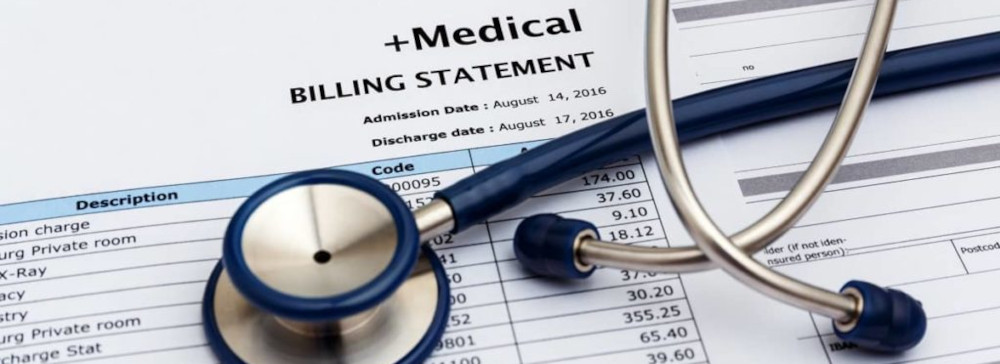
If you were hurt in a slip and fall at an apartment complex, you could be entitled to compensation. The types of damages available in these cases differ depending on the extent of your injuries and how they have impacted your life.
Compensation can include the following:
- Medical bills. The cost of your medical care can be a significant issue following a fall. In addition to emergency room services, you might need other treatments, including surgery or physical therapy. A successful injury lawsuit can help you recoup those expenses.
- Lost wages. If you are too hurt to work, recovering your lost wages might also be possible. In addition to hourly pay, you may be able to recover compensation based on the PTO you used during your recovery.
- Physical and emotional pain and suffering: This includes the effects of chronic pain, depression and anxiety,
What is the Statute of Limitations in a Los Angeles Apartment Slip and Fall Case?
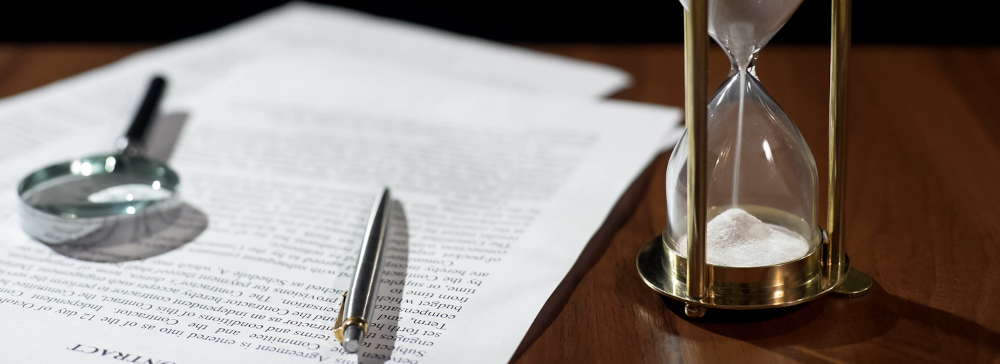
Generally, a personal injury claim in California must be filed within two years. If an injury victim fails to file a lawsuit within that time, the claim may no longer be valid unless certain exceptions apply. If you were injured by a slip and fall that occurred more than two years ago, it is still worth asking your personal injury attorney whether an exception applies to your unique circumstances.
Schedule a Free Consultation at Salamati Law
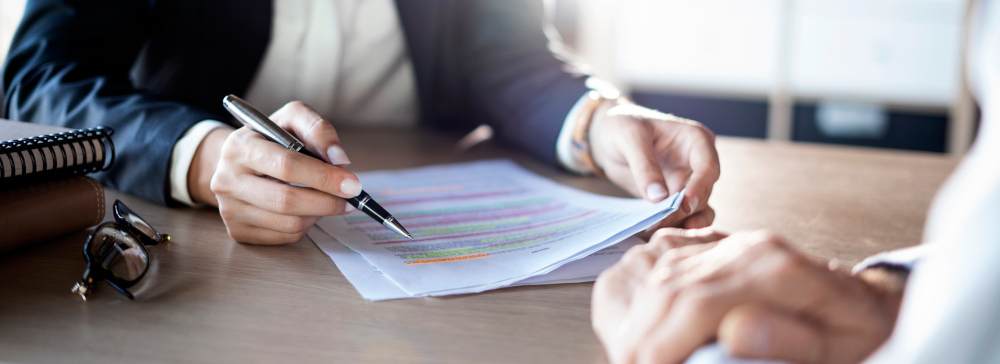
Personal injury litigation works best with an experienced personal injury attorney on your side. We recently helped a woman obtain $500,000 for a fractured hip from an apartment slip and fall accident. If you have been injured in an apartment building slip and fall due to landlord negligence, you need a skilled attorney who knows how to get results– you need Salamati Law.
Please call today to schedule your free, no-obligation consultation. We represent clients throughout California and are here to help you obtain maximum compensation for your injuries. Since we work on a contingency basis, there are no upfront legal fees.
Additional resources for slip and falls in apartment buildings:
1. California Legislative Information, Civil Code § 1953, https://leginfo.legislature.ca.gov/faces/codes_displaySection.xhtml?lawCode=CIV§ionNum=1953
2. California Courts, Statute of Limitations, http://www.courts.ca.gov/9618.htm